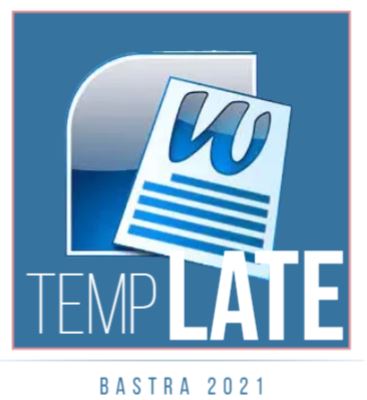Analisis Wacana Kritis Menggunakan Paradigma Kritis dalam Berita “Wonosalam diguyur Hujan Es, Warga Sempat Panik” Radar Jombang, Jawapos
Abstract
The researcher uses the critical discourse analysis technique of the Teun Van Dijk model and finds that the news in the Jawa Pos Radar Jombang builds a discourse that in the event of hail, residents need to be vigilant, remembering that this is not the first time this has happened in the Jombang area. The reporter in this news places himself as a second party who gets information directly from the source so that the reality can be accepted by the public as the truth. Researchers find discourse with the help of text analysis, context and social cognition. The researcher found that the discourse built in the Jawa Pos news provides an overview of the situation that occurred at the time of the hail event in the Wonosalam area. Researchers also found that the Jawa Pos news was influenced by the interests of the Jawa Pos daily news.
Downloads
Published
How to Cite
Issue
Section
License
Copyright (c) 2025 BASTRA : Jurnal Penelitian Pendidikan Bahasa dan Sastra

This work is licensed under a Creative Commons Attribution-ShareAlike 4.0 International License.
Authors who publish with PENTAS agree to the following terms:
Authors retain copyright and grant the Engagement right of first publication with the work simultaneously licensed under a Creative Commons Attribution License (CC BY-SA 4.0) that allows others to share (copy and redistribute the material in any medium or format) and adapt (remix, transform, and build upon the material) the work for any purpose, even commercially with an acknowledgement of the work's authorship and initial publication in BASTRA.
Authors are able to enter into separate, additional contractual arrangements for the non-exclusive distribution of the journal's published version of the work (e.g., post it to an institutional repository or publish it in a book), with an acknowledgement of its initial publication in BASTRA.
Authors are permitted and encouraged to post their work online (e.g., in institutional repositories or on their website) prior to and during the submission process, as it can lead to productive exchanges, as well as earlier and greater citation of published work (See The Effect of Open Access).

This work is licensed under a Creative Commons Attribution-ShareAlike 4.0 International License.







